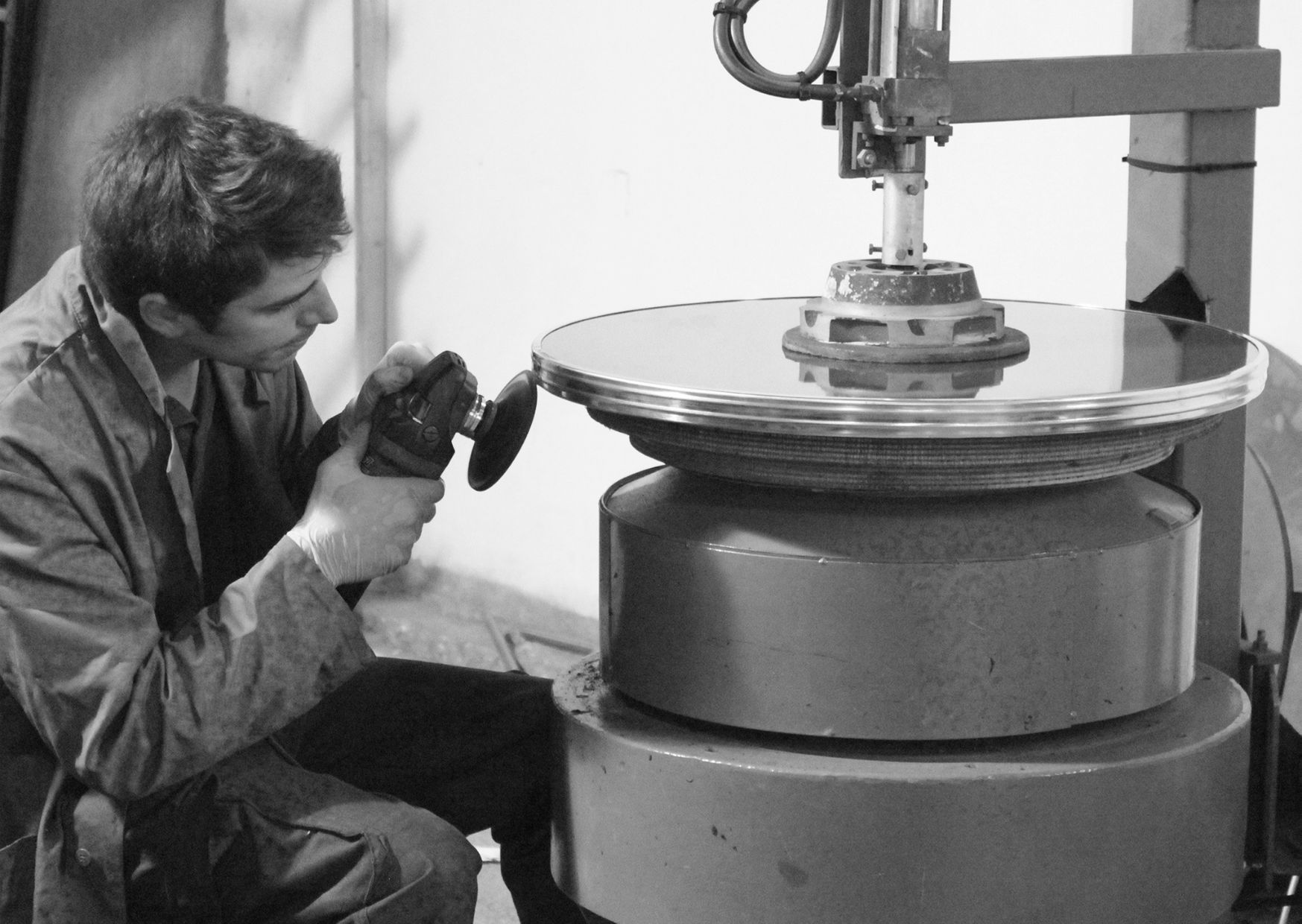Please click here to access the main AHDB website and other sectors.
- Home
- Knowledge library
- The Lean management philosophy
The Lean management philosophy
Lean management aims to optimise resources, maximise value and minimise waste. Find out about its origins and how Lean can be applied to agriculture and horticulture.
What is Lean management?
Despite its origins in the early 20th century, the birth of modern Lean management, often referred to as Lean, lies with Toyota in the car manufacturing industry. Toyota's approach aimed to achieve minimum costs through quality control and measurement, while improving the working environment, in the hope this would result in increased productivity. Since its birth, Lean has evolved beyond car manufacturing and has spread, as its methodology can apply to many industries.

Lean management in horticulture and agriculture
Agricultural and horticultural production is arguably no different in context to the production of any other goods or products, in that producing milk, pork, grain or ornamentals is fundamentally the same as producing an electronic device or a car. But why? Because all businesses require inputs, processes or steps in production that ultimately lead to an output, a product.
Yet, agricultural and horticultural production is also fundamentally different from automotive or other traditional manufacturing processes. That is largely due to our ‘machinery’, our ‘factory’ and of course our raw materials. Here is a breakdown of the Lean terminology:
- The ‘machinery’ in all agricultural processes is a biological organism. For example, in pig production, that machine is the sow but likewise for horticulture, this would be the plants, dairy this would be the cow and in sheep, this would be the ewe
- The sow is used to produce piglets which are then fattened and processed to produce a finished pork product. Plants produce fruits, grains and tubers which can then be processed into a finished product
- The ‘factory’ is the farm, the field or the glasshouse
Learn more about Lean management from Neil Fedden, Managing Director of Fedden USP and Lean consultant.
The importance of maximising value
Lean management strives to maximise customer value while minimising waste. These simple goals are just as applicable despite our ‘biological variance’, because both agriculture and horticulture strive to produce a high-quality product in this competitive industry.
The importance of minimising waste
Another fundamental aspect of Lean management is eliminating waste. This can be in many forms, but Lean aims to eliminate anything that does not add value, from the perspective of your customer.
Once a Lean system is operating, continuous process improvement becomes paramount. This entails businesses making small incremental improvement changes without having to overhaul an entire system or approach. Over time, this continuously improves your business operations.
Advantages of the Lean methodology:
- More efficiency
Places productivity at the heart of your business activities and eliminates waste. - Improved focus
Allows staff to focus on doing the things that drive the greatest value. - Streamlines resource usage
Enables your business to operate based on real-life demand instead of over-estimates so that you use the right resources, which delivers cost reductions. - Increases adaptability
Allows you to deliver projects based on demand rather than pre-emptive projections.

